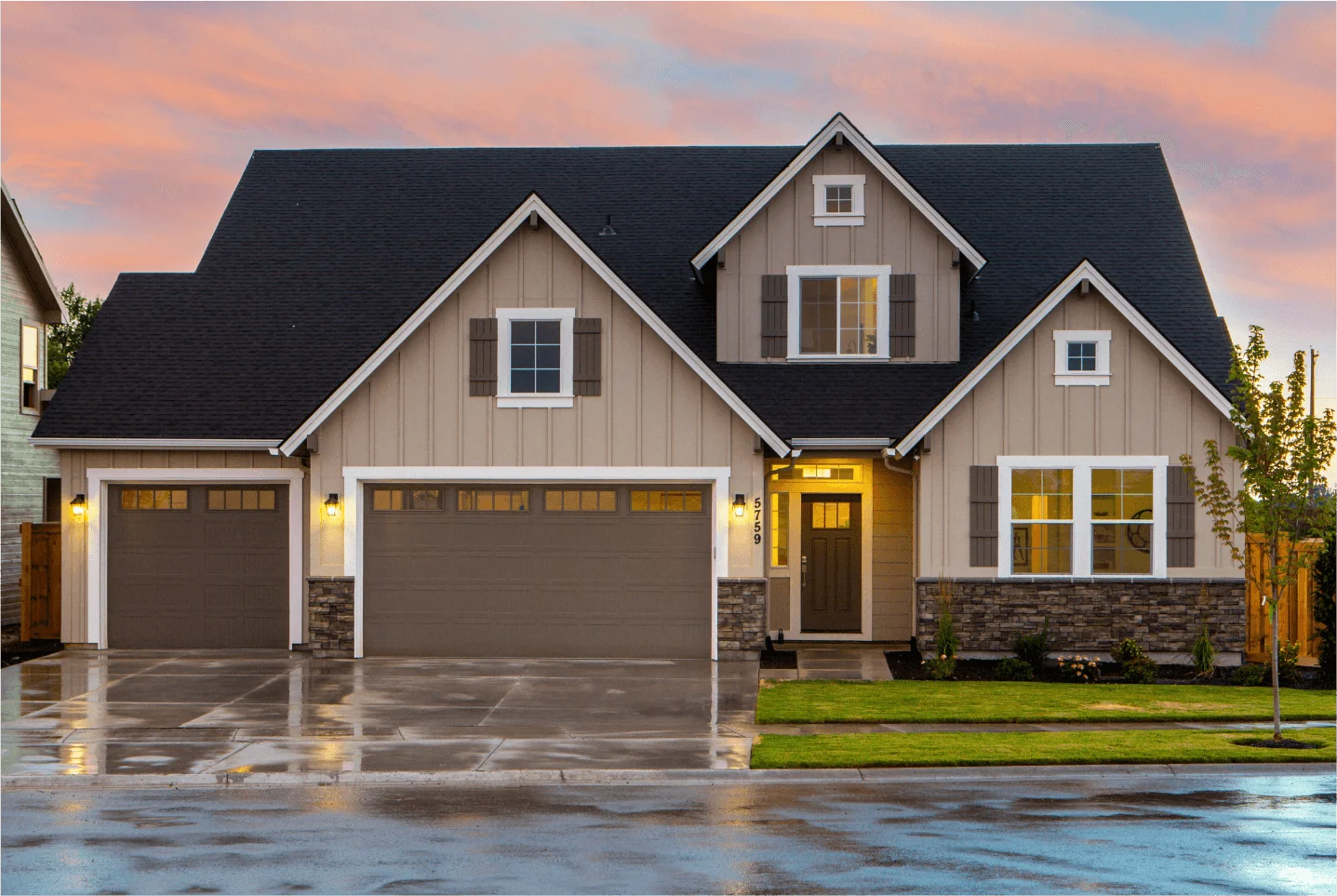
When thinking about where to live, many people find themselves weighing the options between buying a home and renting. Each choice has its own set of benefits and challenges, and understanding these can help you make the best decision for your situation. In this blog, we will explore the different aspects of buying versus renting, and aim to simplify this important decision-making process for you.
First, let's talk about renting. Renting a home often appeals to those who appreciate flexibility. If your job is temporary or if you’re not sure where you want to settle down, renting allows you to avoid the commitment of a mortgage. Lease agreements typically last for a year, meaning you can move again without the long-term financial obligations that come with buying. This flexibility can be particularly beneficial for younger individuals or families that might be in a transitional phase of life.
Another advantage of renting is that you might have lower upfront costs. When you rent, you usually need to pay the first month's rent and a security deposit. In contrast, buying a home means putting down a significant down payment, which can be a hurdle for many. Additionally, as a renter, you typically do not have to worry about maintenance costs or property taxes, as your landlord generally handles these expenses. This can make budgeting easier since your monthly housing costs are more predictable.
However, renting does come with its downsides. One major factor to consider is that you are not building equity in a property. Every month that you pay rent goes to your landlord rather than contributing to an asset that you own. Over time, home values can increase, and owning a home can provide a solid financial investment. Additionally, renters may face restrictions regarding pet ownership, renovations, or even how long they can stay in a property, as these decisions usually rest with the landlord.
Now let’s shift gears and discuss buying a home. One of the most significant benefits of homeownership is the opportunity to build equity. As you pay your mortgage, you gradually own a larger portion of your home. Over time, this can lead to substantial financial gains if property values increase. Owning a home can also offer stability, allowing you to settle down in a community and create lasting ties with neighbors and local businesses.
Homeownership can also provide tax benefits. In many cases, mortgage interest and property taxes may be deductible from your taxable income, which can lead to significant savings. This financial advantage, combined with the sense of pride that often accompanies owning a home, makes buying appealing to many individuals and families.
On the flip side, buying a home comes with its own set of responsibilities and costs. You'll need to handle maintenance and repairs, which can be both time-consuming and expensive. This means it's crucial to have a financial cushion for unexpected repairs, such as a leaky roof or a broken heater. Additionally, buying involves closing costs, which can add up quickly and require serious consideration before committing.
Another aspect to keep in mind is the real estate market. Housing markets can fluctuate, and while home values may increase, there is also the risk that they could decrease. This can impact how much of your investment you ultimately retain. If you plan to move within a few years, you may not recoup the costs associated with buying and selling a home.
When deciding between buying and renting, consider your personal and financial situation. Think about how long you plan to stay in one place. If you anticipate moving within a few years, renting may be the better option. However, if you see yourself living in the same location for a longer period, buying could be advantageous due to the potential for equity growth.
It’s also important to evaluate your financial readiness. Do you have enough saved for a down payment? Are you comfortable with the ongoing costs of homeownership, including maintenance and property taxes? It might be worthwhile to sit down and analyze your budget. Understanding your financial health can provide clarity when determining whether to rent or buy.
Another factor to take into account is your lifestyle preference. If you value flexibility and spontaneity, renting might align better with your ideals. However, if you dream of having the freedom to decorate and renovate your living space without needing permission, buying could be the way to go. Think about what matters most to you in your living situation.
Consider the local market conditions. In areas where home prices are rising rapidly, buying might be an attractive option, especially if you find a property that meets your needs. Conversely, if rental prices are more favorable and you are not ready for the commitment of purchasing, renting may be wise.
In terms of emotional factors, reflect on what home means to you. For many, homeownership represents stability and achievement. It might be a long-held goal to own a home, and achieving that can bring a sense of pride. Alternatively, if the thought of long-term commitment feels daunting, renting can ease those pressures.
As you navigate this decision, consider reaching out to a mortgage professional to discuss your specific needs. They can provide valuable insights tailored to your financial situation and help clarify any uncertainties you may have regarding the mortgage process. Understanding the various loan options available can empower you to make informed choices, whether you decide to rent or buy.
Ultimately, the choice between buying and renting is a personal one that should take into account your financial situation, lifestyle preferences, and future goals. Both paths offer unique advantages and challenges. It is essential to take the time to evaluate your circumstances carefully.
If you have any questions or would like to explore your options further, I encourage you to reach out. I'm here to help you find the best path for your housing needs!


Mortgage Loan Officer
Chuckanut Mortgage Powered by Nationwide Loans | NMLS: 2429742